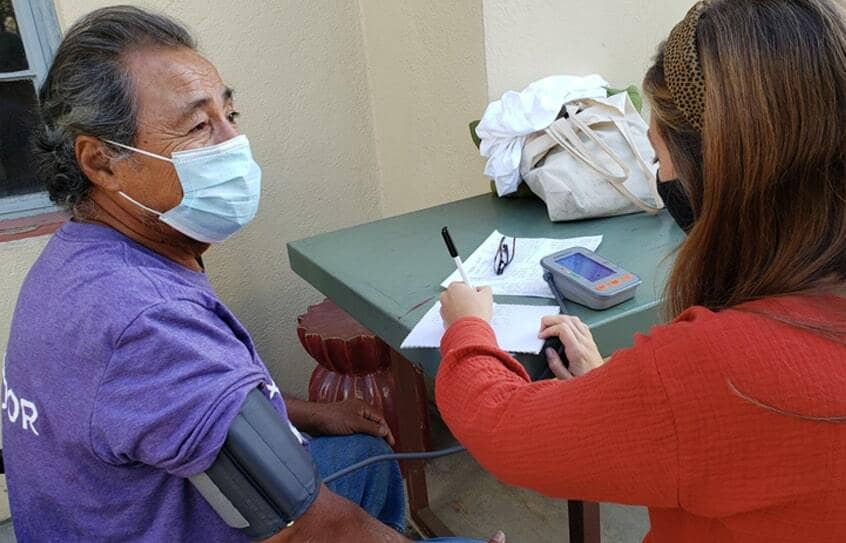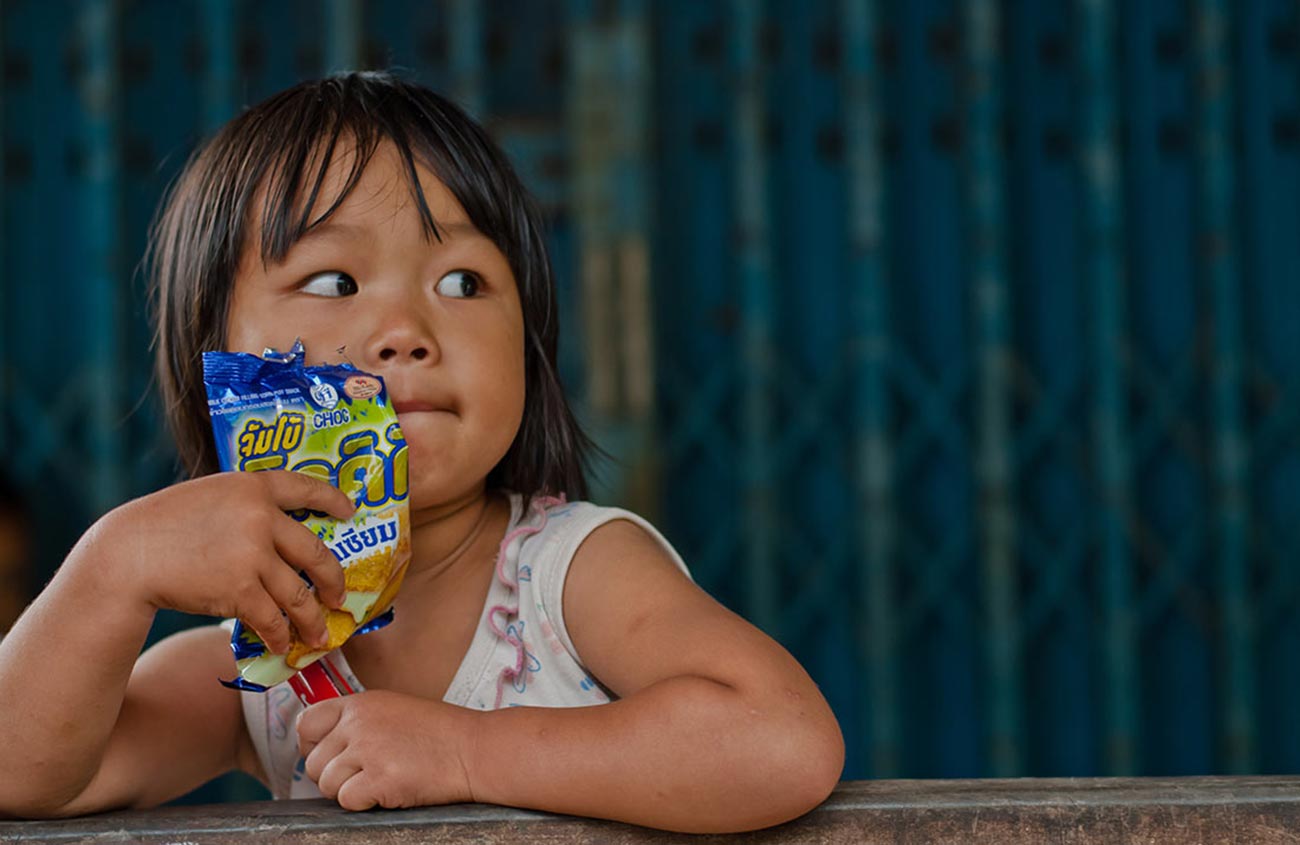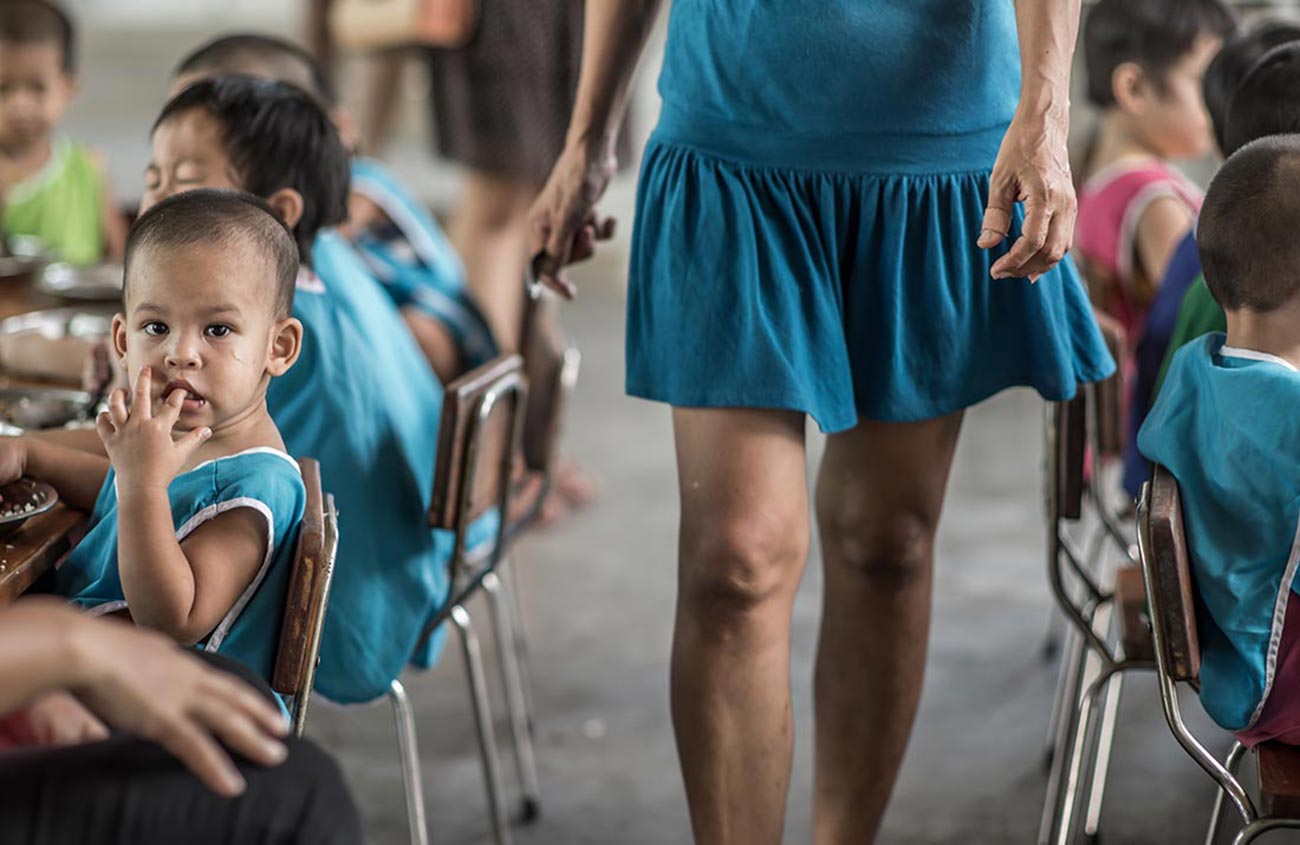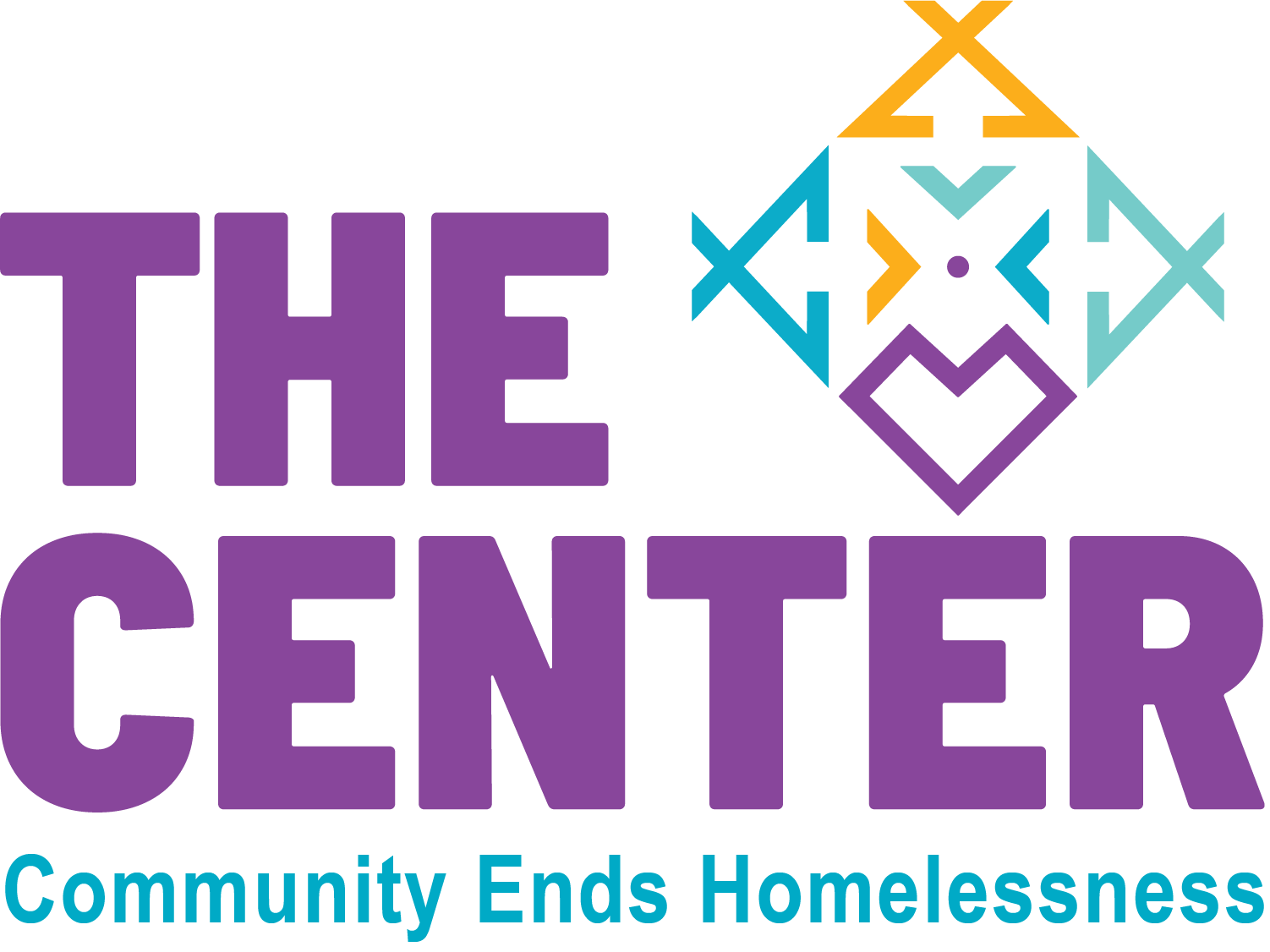
The Center is My Classroom
By Delaney Wells
Upon graduating college in May of 2020, I sighed a breath of relief knowing that, for at least the imminent future, I would have no homework hanging over my head and no essays to write because for the first time in 17 years I would no longer be a student. However, upon moving to Los Angeles, I quickly realized that my identity as a student had surely found its way back to me. My classroom was the patio at 6636 Selma Avenue, and my teacher was Eduardo, a participant.
I met Eduardo on my first day at The Center, and despite the mask he donned, the sparkle in his eye allowed a peek into his heart in that brief encounter. Little did I know that soon I would know his heart quite well. Eduardo has very high blood pressure, and per the recommendation of the clinic we have on-site, he needs his blood pressure checked and recorded each day. I quickly became “Dr. Delaney”, as every morning Eduardo and I set up our makeshift doctor’s office at a side table on our patio. The whole process takes little work apart from the setup and recording, so we are just able to be together. I hear of stories during his time in Peru, and memories since he moved to the United States 36 years ago, his days at work, and most importantly his excitement for when he will return home to visit his 94-year-old mother. In turn, I share photos of my dog back home and brainstorm what group I may be leading that week to get his opinion and advice. I never thought I would know the healthy range for a 69-year-old man’s blood pressure or the specific names of the medicines he takes each day and when, but now I cannot imagine myself without this information. No matter any situation, conversation, or difficulty I am facing in the day or bringing emotionally to work, I am reminded in this encounter to be wholly present, and to see the humanness in one another.
I learn from Eduardo’s wise words, his reflections on his life and the world around us leaves me with a lot to think about. Every day I am filled with gratitude for our friendship, but also homework. Following our blood pressure check-in, Eduardo brings a well-prepared Spanish lesson. He retrieves his glasses from his bag, as every great teacher does, and we work through the verb conjugation he has planned, followed by a review of a variety of nouns and adjectives. I read the English while he reads the Spanish and I repeat it back to him, allowing the opportunity for my pronunciation to be practiced and improved. I do not know if I have ever paid such great attention in class before, but with a teacher that is as invested and passionate as Eduardo, it would be impossible not to. The reciprocal nature of our relationship allows for solidarity to be the foundation of our time together, reminding me of the importance of mutual accompaniment. Throughout my time at The Center as a wellness facilitator I have come to understand the power of presence; of sitting, or standing, with someone else and engaging. This is how reciprocal relationships are built; to truly value humanity you must spend time with the other. Although these moments may be harder to find in a pandemic, they are ever-present at The Center. Mutual accompaniment allows people to be transformed and taught how to be human. When people meet together and engage in mutually constructive relationships of friendship with people unlike themselves, they are changed and transformed. The differences between us are no longer seen as an inconvenience or devaluing concept, simply just individualized qualities among people. Really, it is the practice of engagement with respect for all involved that can allow for genuine humanity to be practiced among one another. This is something that takes practice, but what a beautiful skill to hone.
Hierarchical dynamics are deconstructed at The Center, as interdependence and mutual respect for the dignity of participants and staff alike are at the heart of what we do.
If this could be the reality of society, one that values inclusion built on the genuine celebration of what one another brings to the community, what a different world we would live in. My time with Eduardo prompts me to remember that the way to truly get to know someone’s mind and heart is through their sparkling eyes, their blood pressure, in the stories they share so beautifully in a thick Peruvian accent. Each day I learn a bit more Spanish, and I feel more connected to this part of The Center’s mission statement that reads, “we believe in treating all people with dignity, respect, and an understanding that we are part of one community”.

He has a right to criticize, who has a heart to help.




